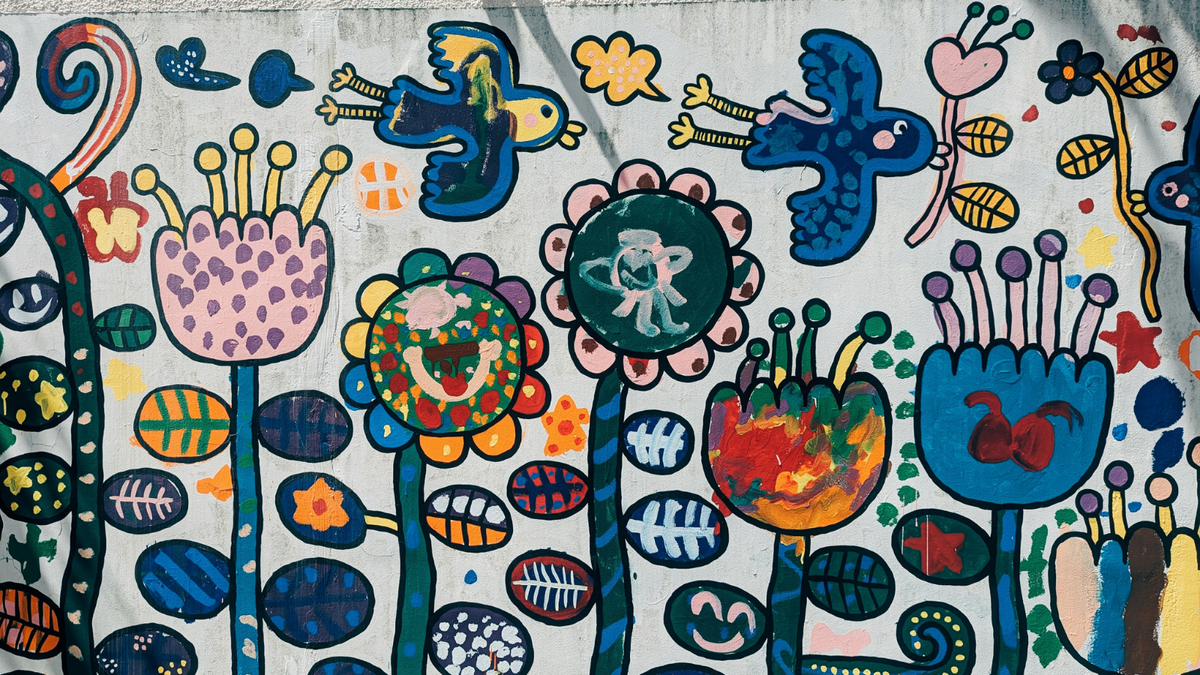Dreams, TTRPGs, and Radical Imagination
When all of your time is focused on survival, it can feel impossible to imagine a brighter future.

Tabletop roleplaying games can be a powerful tool for exercising Radical Imagination, a revolutionary concept that asks us to examine the systems that make up our world, consider how those systems shape our dreams, aspirations—and yes, even our imaginations—and prompts us to imagine a world beyond those limitation.
Even reaching the conclusion of a colonized imagination may be a difficult task, because when oppression is the norm, it is unlikely that a person would imagine freedom. If you are starving, your first concern might not be a hoarding noble withholding bread—the focus would be how you’ll obtain that very bread to fill your stomach. When all of your time is focused on survival, it can feel impossible to imagine a brighter future. It can feel hopeless, until someone asks the question “What if things could be better?”
One of the most important questions we can ask is “what if..?” What if we were celebrated for our culture, and not simply commodified? What if we used history as a tool for dismantling hateful narratives? What if we dreamed together, and created a queer enclave amidst the apocalypse? With TTRPGs, players can explore their fantastical wishes and connect with their fellow players across the table. This sort of questioning is the basis of radical imagination
"When oppression is the norm, it is unlikely that a person would imagine freedom."
At the table, the player is asked to imagine their desires and then use the chosen system to manifest them. It is an act of manifesting imagination; a collaboration of dreamcrafting. This idea of our dreams and desires expanding beyond the table is exactly what Radical Imagination is. It is the practice of facing the oppressive, dominant systems of the world and choosing to fight back. Radical Imagination can provide new insight to our lives, and TTRPGs are the way to do that. The exercise of Radical Imagination is an act of hope, and even more, it can be a tool for real world change.
Using the medium of TTRPGs, we become able to create and craft the cultures, and scenarios that we want to see in the world. We can be tavern owners unburdened by capitalism; or we play the power fantasy of someone capable of talking on the phone. Conversely, it is also possible to create a world with ideologies that you don’t agree with, and explore it critically. You can subvert expectations or completely fight back against these oppressive forces. These sorts of explorations can also give way to hope and clarity of purpose. There is merit in taking time to evaluate and better understand the systems that are being critiqued.





